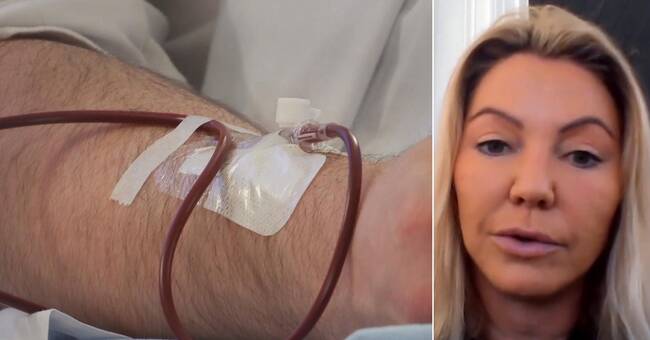The Tobias Register started in 1992 and is the Swedish, region-owned register for donors of blood stem cells.
With the help of a transplant of blood stem cells, one can treat leukemia and other tumor and blood diseases.
In order for a sick patient to be able to get a donor for a stem cell transplant, they must have the same HLA type.
The HLA type is a marker on the cells, there are millions of combinations and it is something you inherit from your parents.
- The problem today is that there are no developed registers in overseas countries, so especially patients of African and Arab origin have great difficulty finding a donor, says Rosa Hellström.
Stem cells are missing
According to the Tobias Register, a patient with a northern European background has a 70-80 percent probability of finding a donor.
The corresponding figure is 15-20 percent for patients with a non-European background.
- I would say that this need will only increase even more.
There are new HLA types all the time because we move, you travel and you mix more and more.
This means that new variants are constantly appearing, says Rosa Hellström.
Lack of young men
In addition to non-European donors, there is also a shortage of young men among those registered with the Tobias Register today.
- You want to bring in more young guys, it is a general shortage in the whole world.
In order for a large patient to be able to get a donor and get a sufficient amount of stem cells, it is also required that it is a donor who has a similar body weight.
Young boys are usually larger in body volume and you get more blood stem cells from them, says Rosa Hellström.
The Tobias Register is actively working to bring in more donors by running campaigns, something that was made more difficult during the corona pandemic.
- Our big problem is that we are a small business and we are non-profit.
Unfortunately, we do not have as much money to reach out as much as we would like.
Then unfortunately came the pandemic, we had some plans to go out and work more actively in different areas, but here and now it is a bit difficult, says Rosa.

